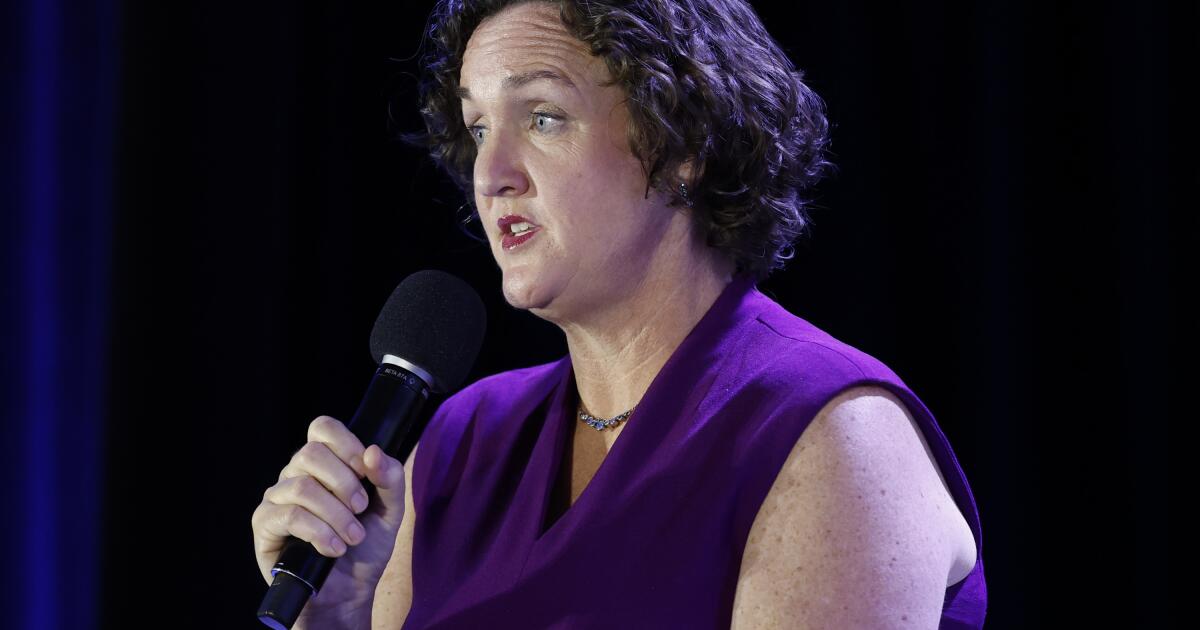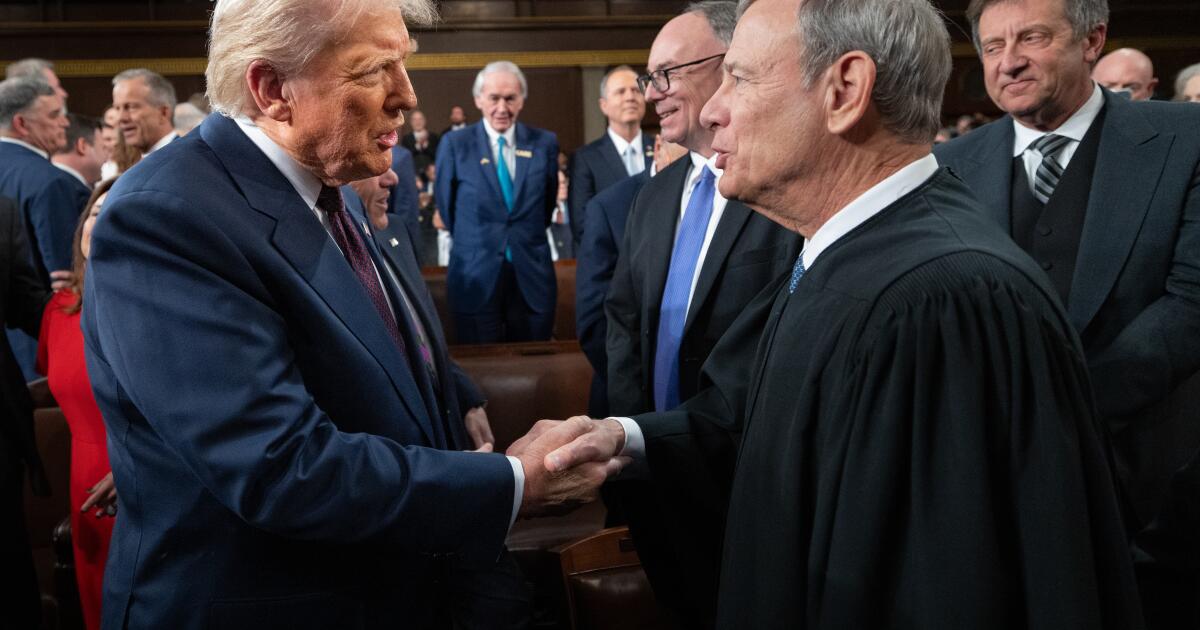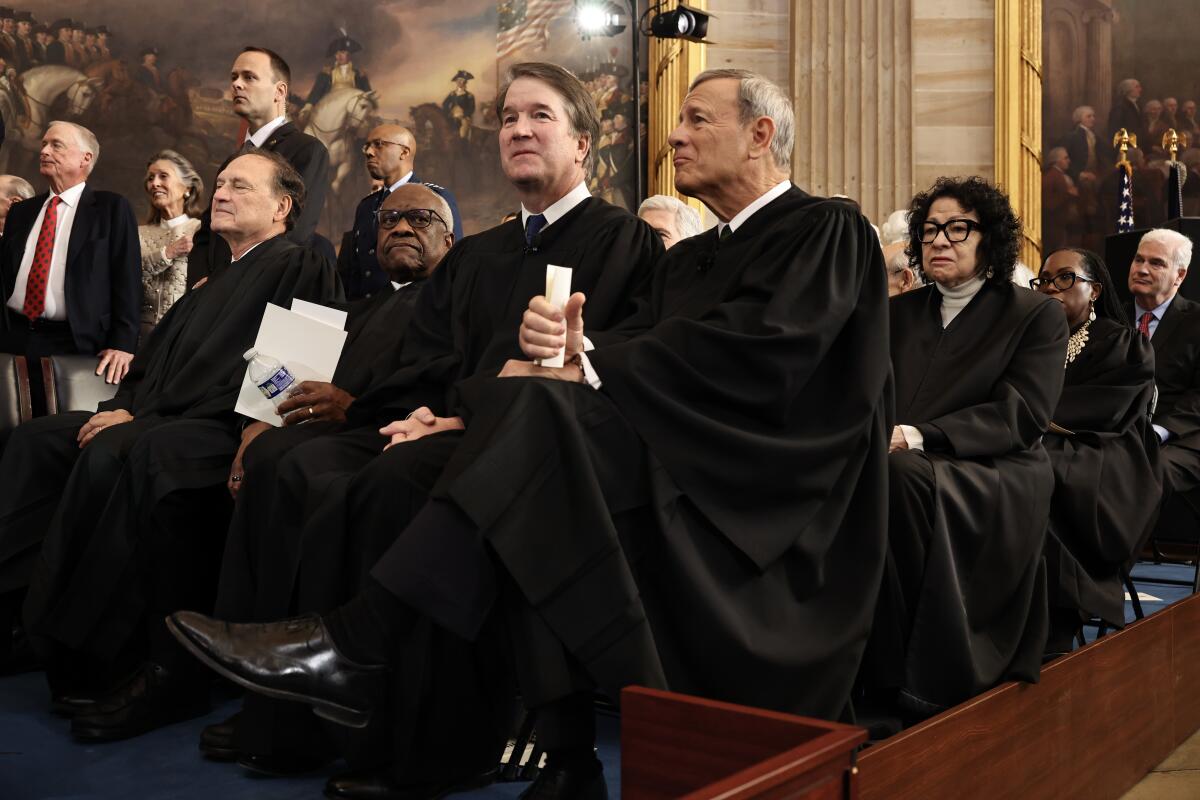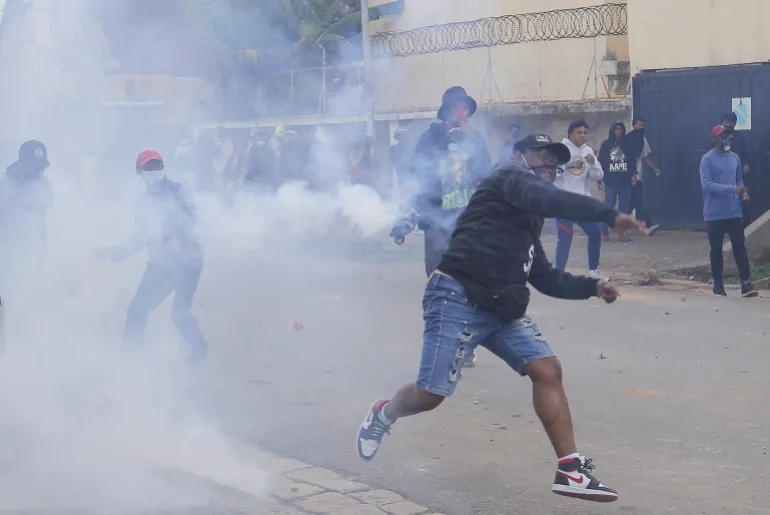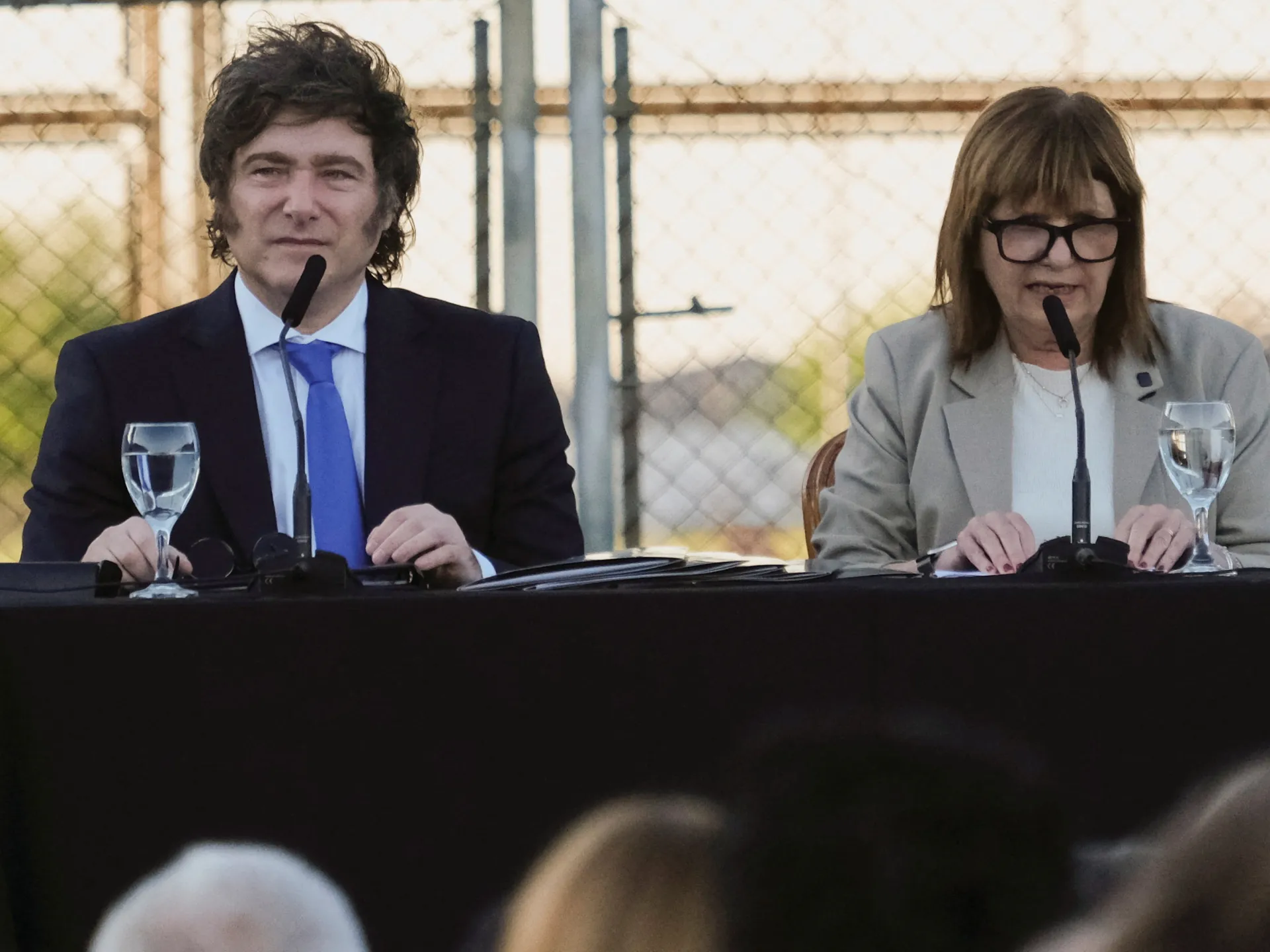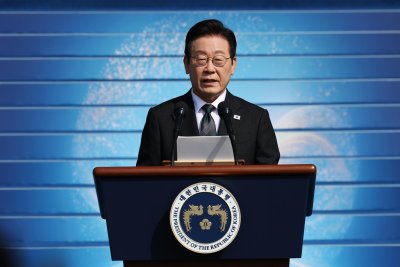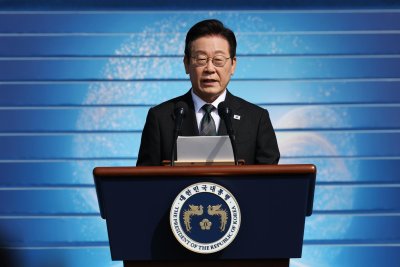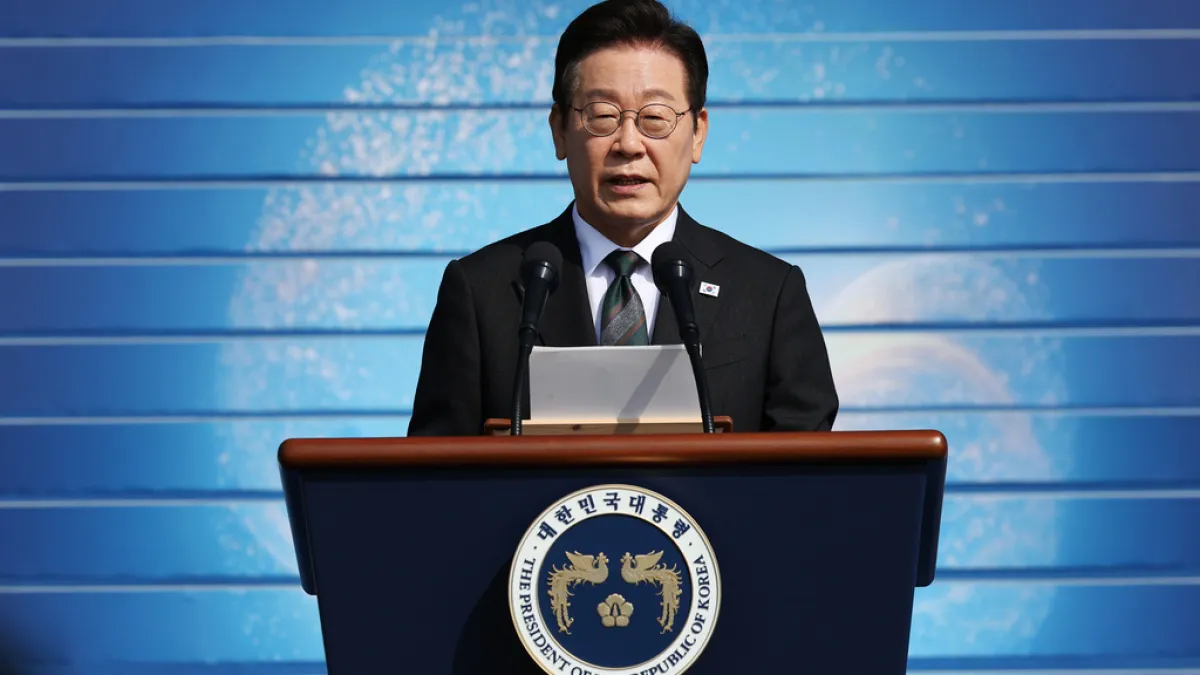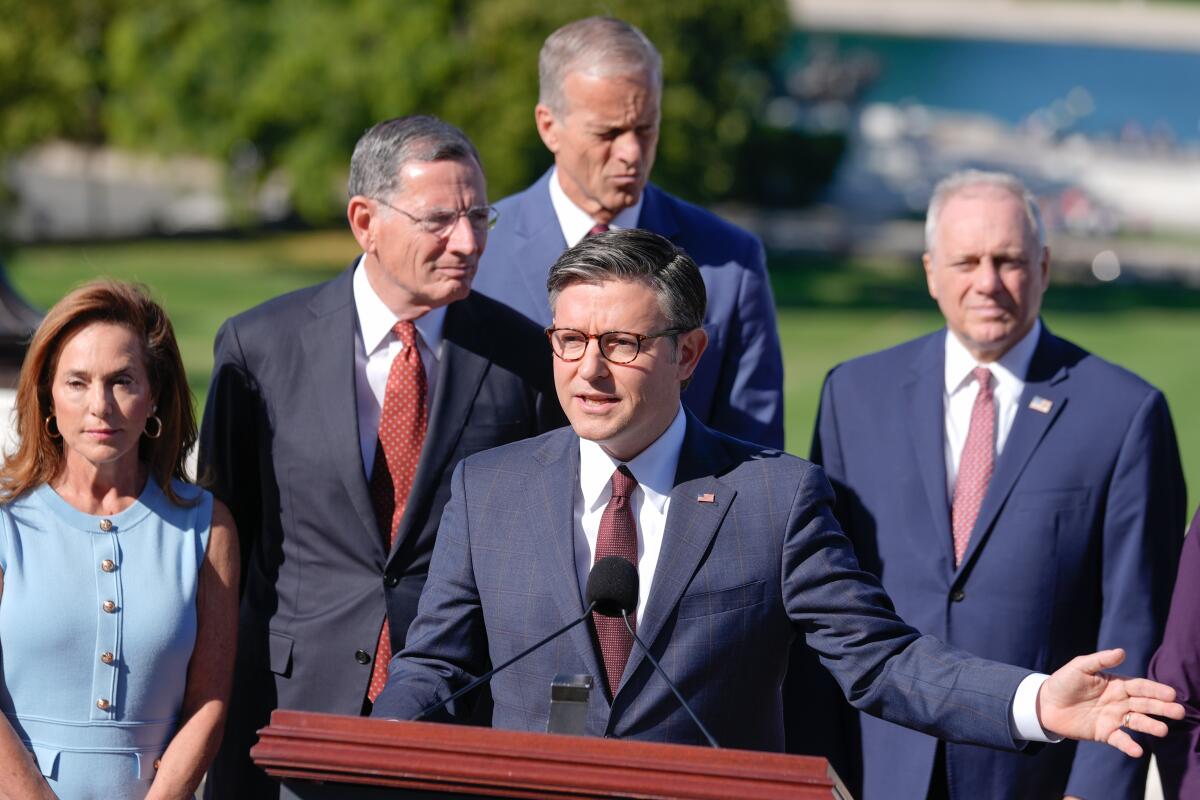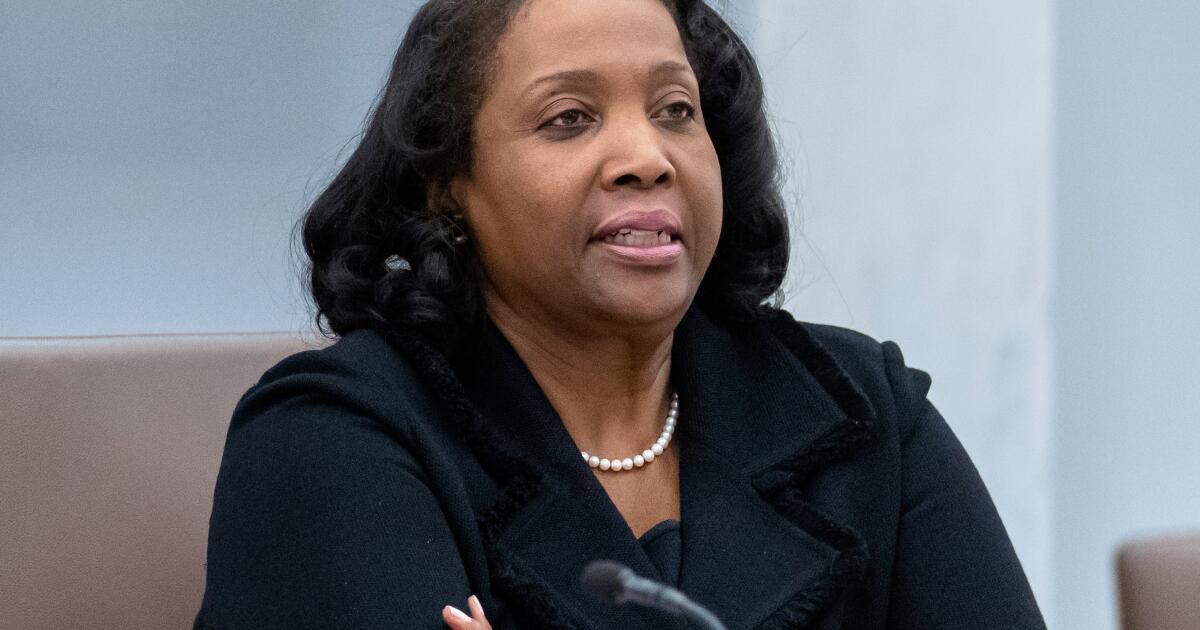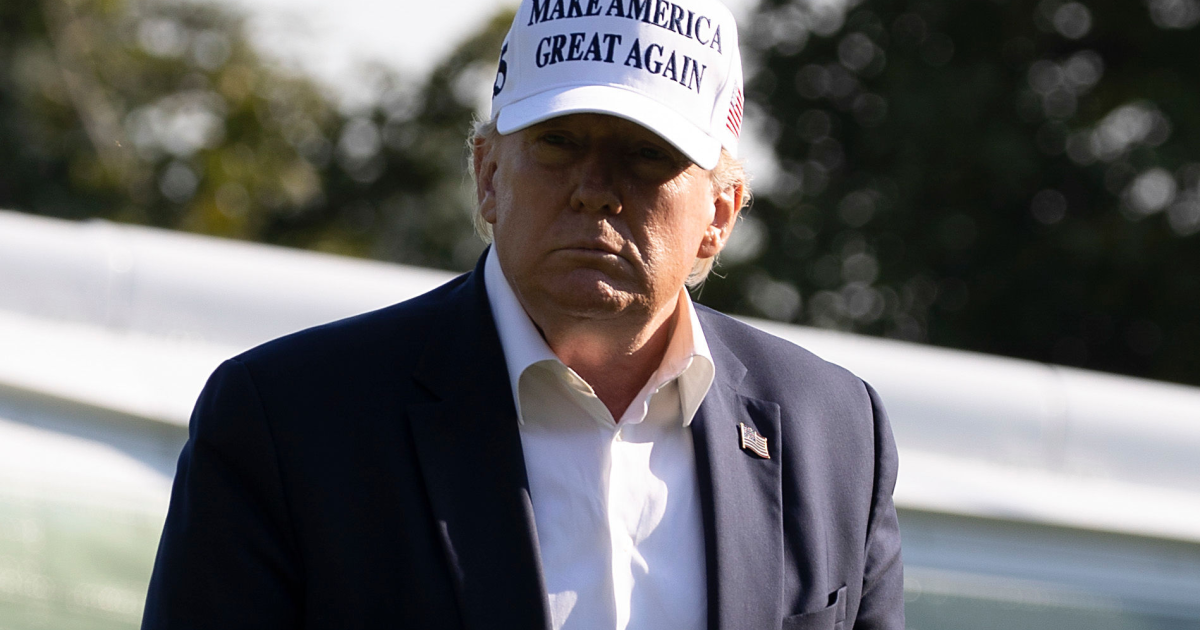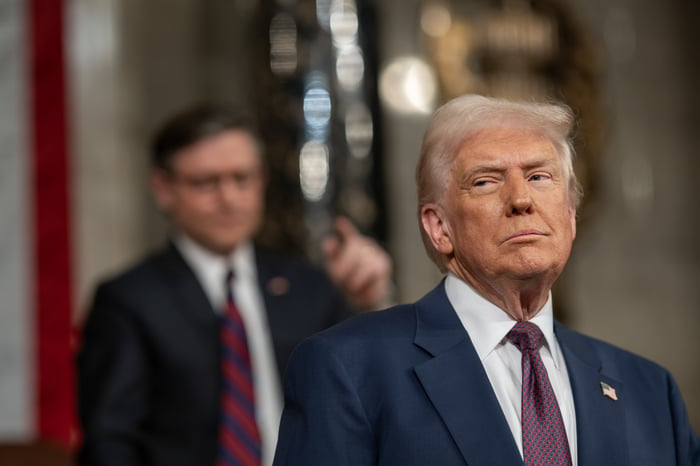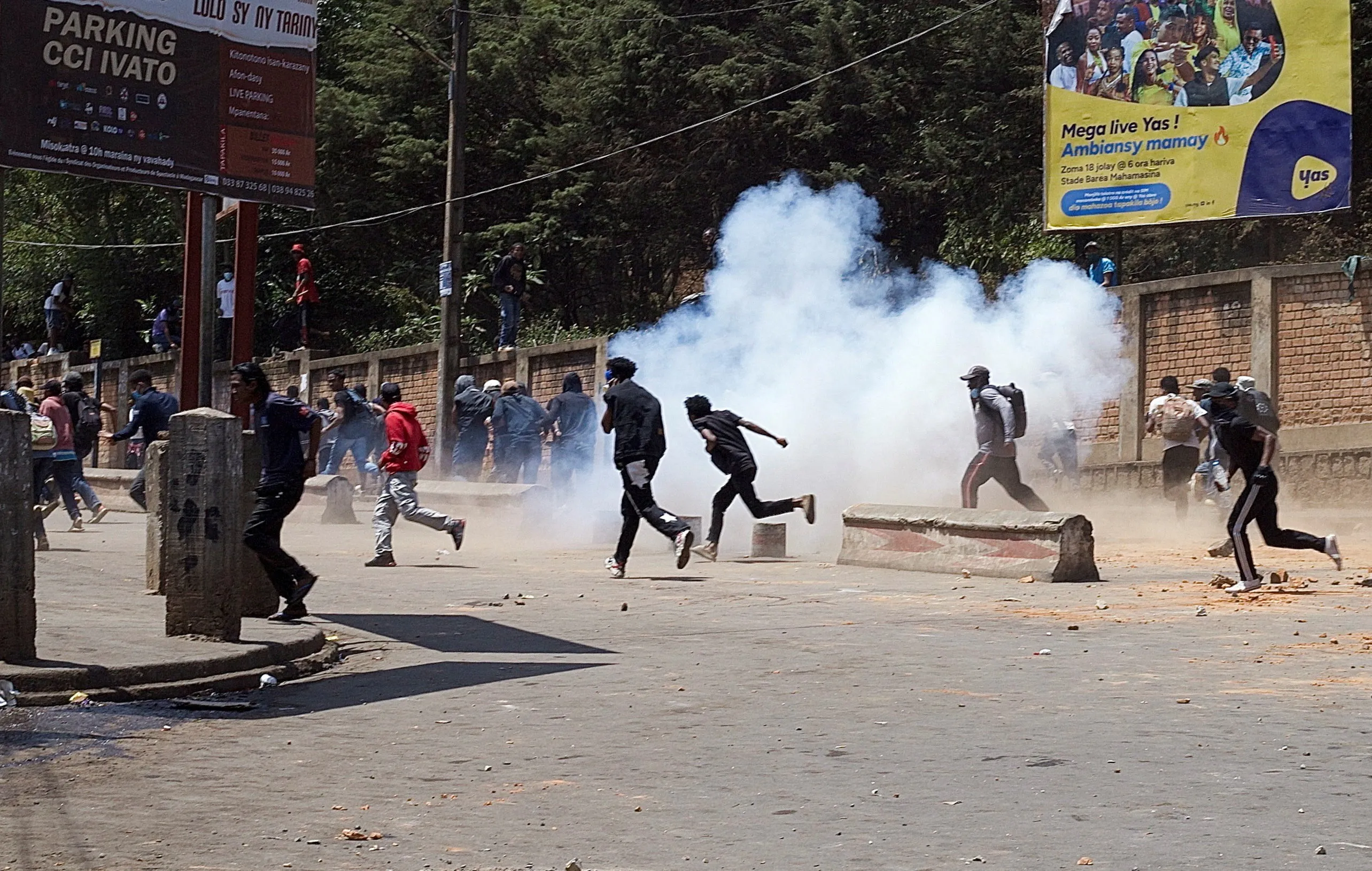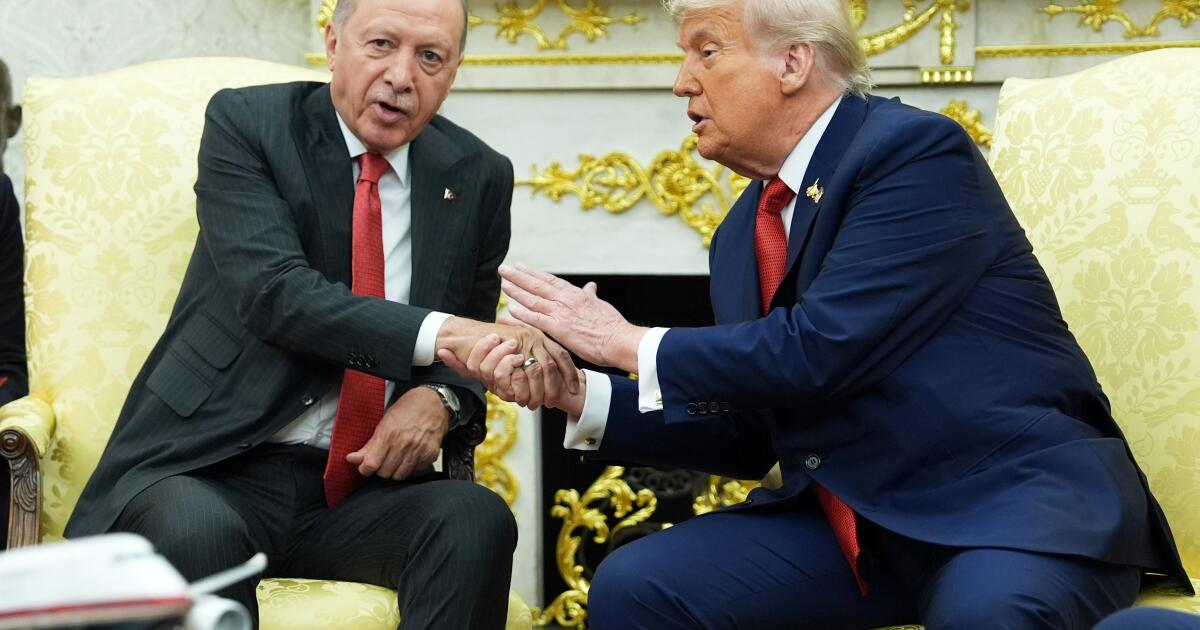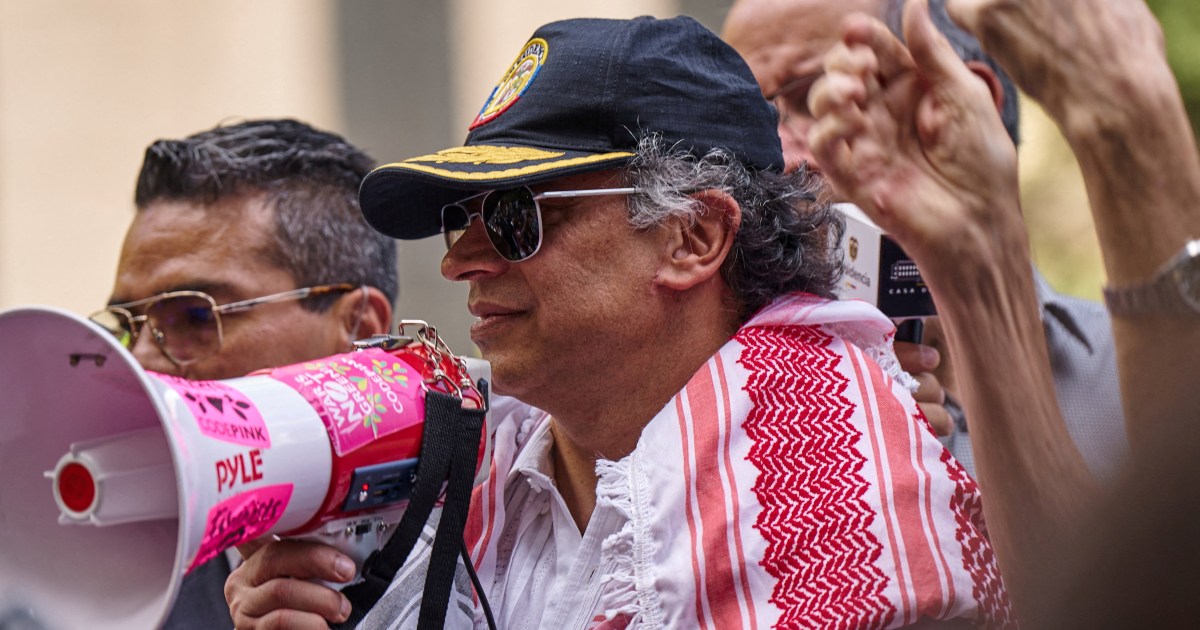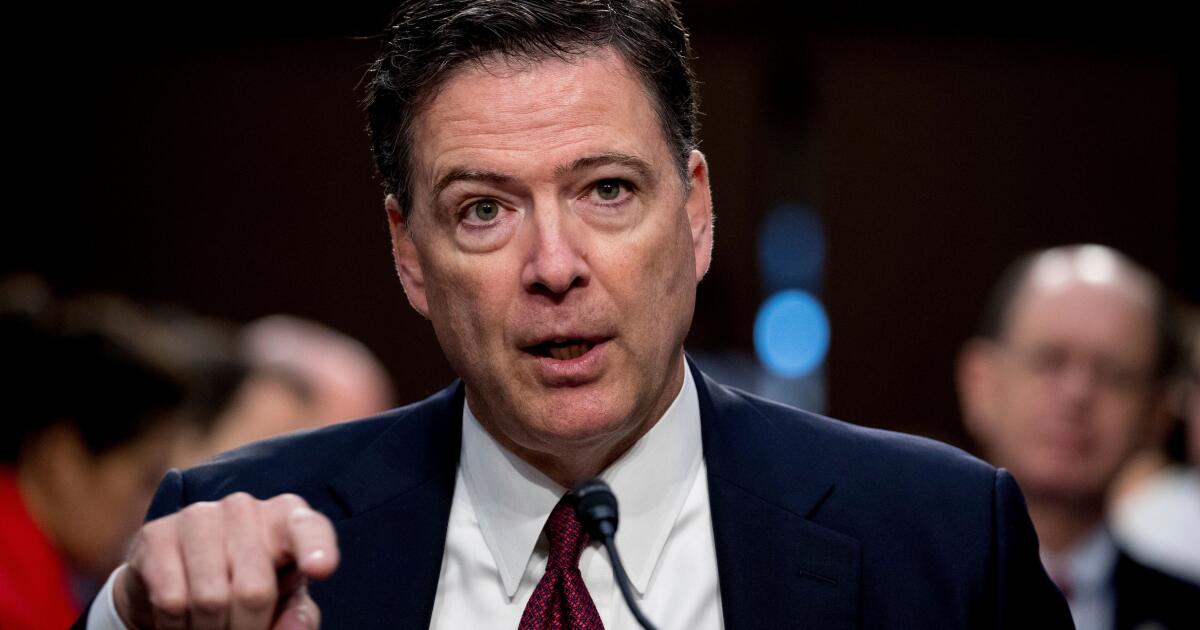Illinois and Chicago sue to stop Trump from sending National Guard troops to the city
CHICAGO — Illinois and Chicago filed a lawsuit Monday aiming to stop President Trump’s administration from sending hundreds of National Guard troops to the city, just as troops prepared to deploy and hours after a federal judge blocked troops from being sent to Portland, Oregon.
The quickly unfolding developments come as the administration portrays the Democrat-led cities as war-ravaged and lawless and amid Trump’s crackdown on illegal immigration. Officials in both cities have disputed the president’s characterizations, saying military intervention isn’t needed and it’s federal involvement that’s inflaming the situation.
The legal challenge comes after Illinois Democratic Gov. JB Pritzker said some 300 of the state’s guard troops were to be federalized and deployed to the nation’s third-largest city, along with 400 others from Texas.
The lawsuit alleges that “these advances in President Trump’s long-declared ‘War’ on Chicago and Illinois are unlawful and dangerous.”
“The American people, regardless of where they reside, should not live under the threat of occupation by the United States military, particularly not simply because their city or state leadership has fallen out of a president’s favor,” the lawsuit says.
Pritzker said the potential deployment amounted to “Trump’s invasion” and called on Republican Texas Gov. Greg Abbott to block it. Abbott pushed back and said the crackdown was needed to protect federal workers who are in the city as part of the president’s increased immigration enforcement.
White House spokesperson Abigail Jackson confirmed in a weekend statement that Trump authorized using Illinois National Guard members, citing what she called “ongoing violent riots and lawlessness” that local leaders have not quelled.
In Chicago, the sight of armed Border Patrol agents making arrests near famous landmarks amplified concerns from residents already uneasy after an immigration crackdown that began last month. Agents have targeted immigrant-heavy and largely Latino areas.
Protesters have frequently rallied near an immigration facility outside the city, and federal officials reported the arrests of 13 protesters on Friday near the U.S. Immigration and Customs Enforcement processing facility in Broadview.
The Department of Homeland Security acknowledged that federal agents shot a woman Saturday morning on the southwest side of Chicago. A department statement said it happened after Border Patrol agents patrolling the area “were rammed by vehicles and boxed in by 10 cars.”
No law enforcement officers were seriously injured, DHS spokesperson Tricia McLaughlin said.
In Portland, U.S. District Judge Karin Immergut granted a temporary restraining order sought by Oregon and California to block the deployment of guard troops from those states to the city.
There has been a sustained and low-level protest outside the Portland ICE facility, but it’s been less disruptive than the downtown clashes of 2020 when demonstrations erupted after George Floyd’s killing.
Immergut, a first-term Trump appointee, seemed incredulous that the president moved to send National Guard troops to Oregon from neighboring California and then from Texas on Sunday.
“Aren’t defendants simply circumventing my order?” she said. “Why is this appropriate?”
Local officials have suggested that many of the president’s claims and social media posts about Portland appear to rely on images from 2020. Under a new mayor, the city has reduced crime, and downtown has seen fewer homeless encampments and increased foot traffic.
Most violent crime around the U.S. has actually declined in recent years, including in Portland, where a recent report from the Major Cities Chiefs Association found that homicides from January through June decreased by 51% this year compared to the same period in 2024.
Since the start of his second term, Trump has sent or talked about sending troops to 10 cities, including Baltimore; Memphis, Tennessee; the District of Columbia; New Orleans; and the California cities of Oakland, San Francisco and Los Angeles.
A federal judge in September said the administration “willfully” broke federal law by deploying guard troops to Los Angeles over protests about immigration raids.
Press writes for the Associated Press.

